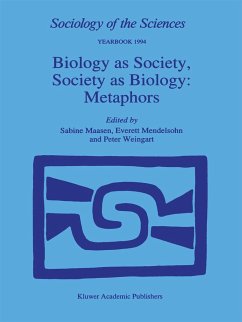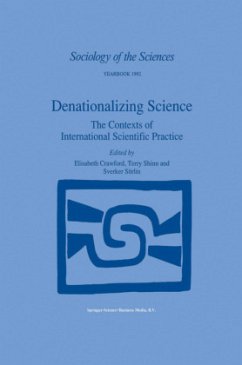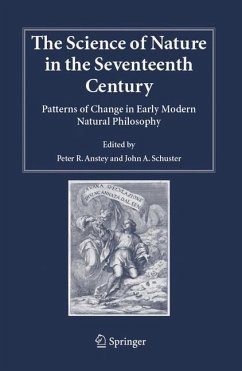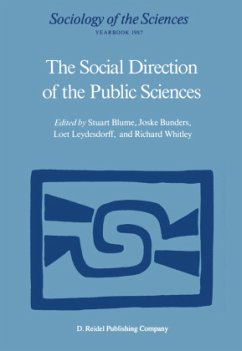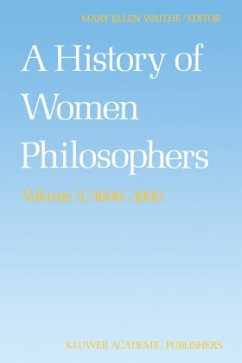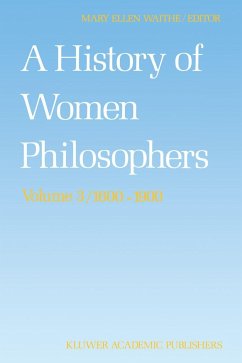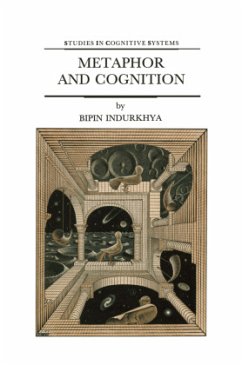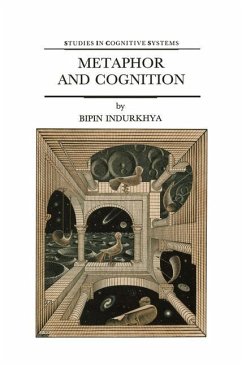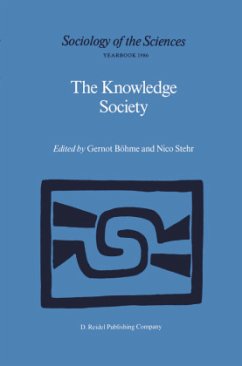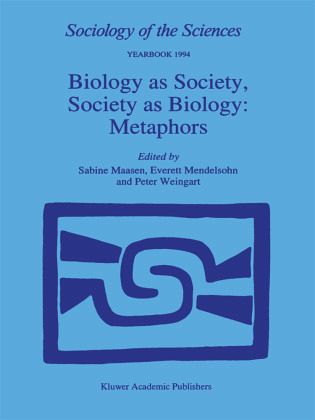
Biology as Society, Society as Biology: Metaphors
Versandkostenfrei!
Versandfertig in 1-2 Wochen
115,99 €
inkl. MwSt.
Weitere Ausgaben:

PAYBACK Punkte
58 °P sammeln!
not lie in the conceptual distinctions but in the perceived functions of metaphors and whether in the concrete case they are judged positive or negative. The ongoing debates reflect these concerns quite clearly~ namely that metaphors are judged on the basis of supposed dangers they pose and opportunities they offer. These are the criteria of evaluation that are obviously dependent on the context in which the transfer of meaning occurs. Our fundamental concern is indeed the transfer itself~ its prospects and its limits. Looking at possible functions of metaphors is one approach to under standin...
not lie in the conceptual distinctions but in the perceived functions of metaphors and whether in the concrete case they are judged positive or negative. The ongoing debates reflect these concerns quite clearly~ namely that metaphors are judged on the basis of supposed dangers they pose and opportunities they offer. These are the criteria of evaluation that are obviously dependent on the context in which the transfer of meaning occurs. Our fundamental concern is indeed the transfer itself~ its prospects and its limits. Looking at possible functions of metaphors is one approach to under standing and elucidating sentiments about them. The papers in this volume illustrate, by quite different examples, three basic functions of metaphors: illustrative, heuristic~ and constitutive. These functions rep resent different degrees of transfer of meaning. Metaphors are illustrative when they are used primarily as a literary device, to increase the power of conviction of an argument, for example. Although the difference between the illustrative and the heuristic function of metaphors is not great, it does exist: metaphors are used for heuristic purposes whenever "differences" of meaning are employed to open new perspectives and to gain new insights. In the case of "constitutive" metaphors they function to actually replace previous meanings by new ones. Sabine Maasen in her paper introduces the distinction between transfer and transforma tion.





